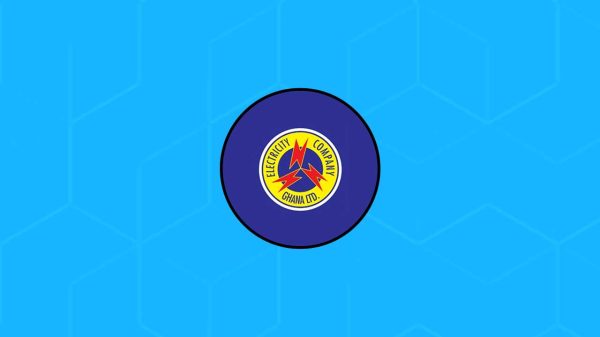In an era dominated by technology, African tech graduates are finding themselves at a crossroads of opportunity. With a rapidly growing digital landscape, the options are diverse and plentiful. Whether you’re freshly minted from university or coding bootcamp, understanding the breadth of available career paths can set the stage for a fulfilling professional life. Here’s a look at the top 20 career options that await African tech graduates.
1. Software Developer
Building applications for various operating systems, software developers are in high demand across global tech industries. This role offers opportunities in both corporate settings and as freelance contributors.
2. Web Developer
Focused on developing websites, web developers combine creative and technical skills to create user-friendly Internet pages. Specializations can include front-end, back-end, and full-stack development.
3. Mobile App Developer
With the proliferation of smartphones, mobile app developers have become crucial. They specialize in creating applications for iOS and Android and often work collaboratively with UI/UX designers.
4. Data Scientist
Data scientists analyze and interpret complex data to help companies make strategic decisions. Proficiency in statistics, machine learning, and data management tools is essential.
5. AI/ML Engineer
Artificial Intelligence and Machine Learning engineers develop systems that simulate human intelligence. These professionals are pioneers in creating smarter products and services.
6. Cybersecurity Specialist
As digital security concerns grow, cybersecurity specialists are becoming indispensable. They protect systems from cyber threats and teach best practices for security.
7. Cloud Solutions Architect
These professionals design and manage scalable cloud environments, ensuring efficient and secure cloud operations.
8. Network Engineer
Network engineers design, implement, and maintain networking configurations. This role is vital for keeping communication systems running smoothly.
9. Systems Analyst
Systems analysts bridge the gap between IT and business teams. They analyze workflows and design IT solutions to enhance business efficiency.
10. Database Administrator
Database administrators ensure that databases run efficiently and securely. They are skilled in database languages like SQL and are crucial for data-driven businesses.
11. UI/UX Designer
User Interface (UI) and User Experience (UX) designers focus on optimizing the user experience in apps and websites, ensuring that digital interfaces are intuitive and engaging.
12. DevOps Engineer
DevOps engineers streamline the development process by integrating and automating the workflows between software development and IT teams.
13. Product Manager
Product managers oversee the development and launch of tech products. This role requires strong leadership and strategic thinking skills.
14. Quality Assurance Tester
QA testers are essential for the software development process, ensuring that final products are free from bugs and meet customer expectations.
15. Blockchain Developer
Specializing in blockchain technology, these developers design and implement solutions that enhance security and transparency for digital transactions.
16. IoT Engineer
Internet of Things (IoT) engineers develop networked gadgets that connect and exchange data, transforming how we interact with everyday objects.
17. Hardware Engineer
These engineers focus on physical components of computers and electronic systems, designing processors, circuit boards, and memory devices.
18. Technical Writer
Technical writers produce manuals, guides, and documentation that make complex information accessible to users and professionals.
19. SEO Specialist
SEO specialists optimize website content to ensure higher rankings in search engine results, crucial for businesses looking to increase their online visibility.
20. Digital Marketer
Digital marketers use online platforms to promote brands and products, leveraging tools like social media, email, and digital advertising.
Frequently Asked Questions (FAQs)
Q1: What skills are crucial for African tech graduates entering the workforce?
Strong technical expertise in your chosen field, problem-solving skills, adaptability, and continuous learning are crucial.
Q2: How can tech graduates increase their employability?
Acquiring certifications, attending workshops, building a robust portfolio, and networking can significantly enhance employability.
Q3: Are there opportunities for tech graduates in non-tech companies?
Absolutely. Businesses across sectors like finance, healthcare, and education are seeking tech professionals to drive digital transformation.
Q4: What emerging tech fields should graduates consider?
AI, cybersecurity, blockchain, and IoT are rapidly growing fields that promise exciting career opportunities.
Q5: How important is having a mentor in tech?
Very important. A mentor can provide guidance, network opportunities, and insights that are invaluable for career development.
African tech graduates are well-placed to take advantage of a multitude of career paths that not only offer personal satisfaction but also the chance to make significant impacts in the tech world. As Africa continues to embrace digital transformation, the opportunities for its tech-savvy youth are boundless.
Subscribe to our Newsletter
Stay updated with the latest trends in African technology!






































